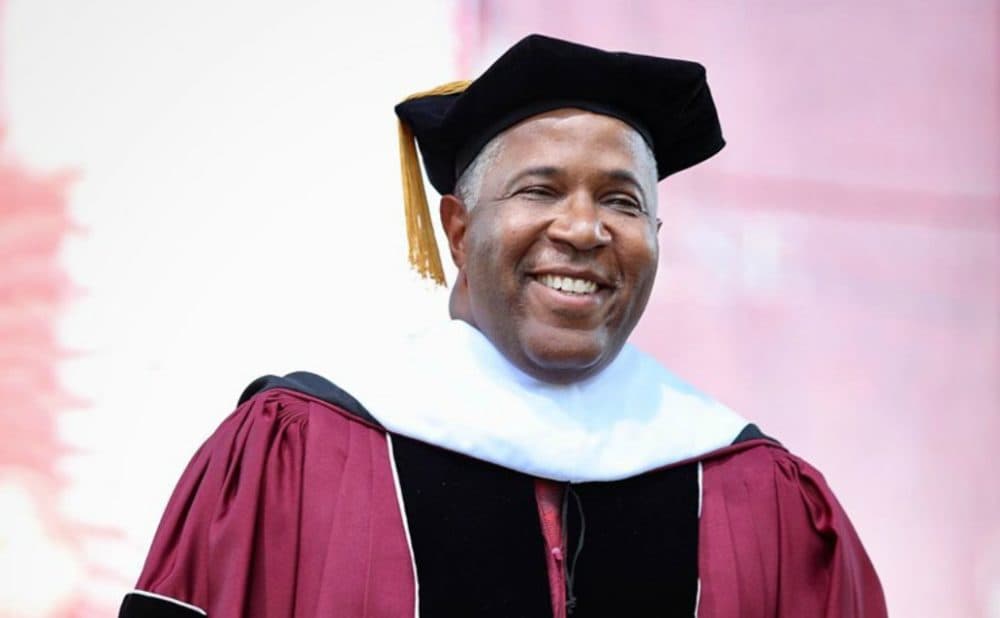The same month, Smith and his partners sold a minority stake in Vista Equity Partners to another private equity firm, a move that probably would have enriched him, better enabling him to become a donor.
The charity moves also might have been strategic, too, some tax experts said. If the money in the offshore entities was going to good causes, the tax evasion might strike prosecutors and juries as less wrongful.
The large donation to his foundation came from a Belize-based trust called Excelsior, which Smith controlled, and consisted of shares in a second offshore entity, a Nevis-based shell company called Flash, according to the foundation’s tax filings and statements by the Justice Department. These were the same entities Smith had established in 2000 in his agreement with Brockman, according to Smith’s statement. As part of his agreement with the federal government, Smith admits that he used those entities to hide over $200 million in income.
The foundation states on its
website that the money in those entities was always meant to go toward charity. The foundation was formed pursuant to an agreement between Smith’s private equity firm, Vista Equity Partners, and the Bermuda-based company that Brockman had created to invest in the Vista fund. The foundation says the parties agreed that when the fund wound down, any leftover assets would be given to charity.
But according to the statement Smith signed with prosecutors, Smith “knowingly and intentionally falsely claimed that this charitable contribution was required as part of an agreement” with Brockman
Regardless of these charitable donations from the offshore entities, however, some attorneys said, Smith is fortunate to have avoided criminal prosecution, especially given the scale of the tax evasion.
“The idea of a billionaire tax cheat getting immunity to cooperate against another billionaire tax cheat strikes a lot of people as out of step,” said Justin Weddle, a former federal prosecutor who handled several large tax cases and is now in private practice. “For Smith to get a non-prosecution agreement for cooperation is very unusual.”.

